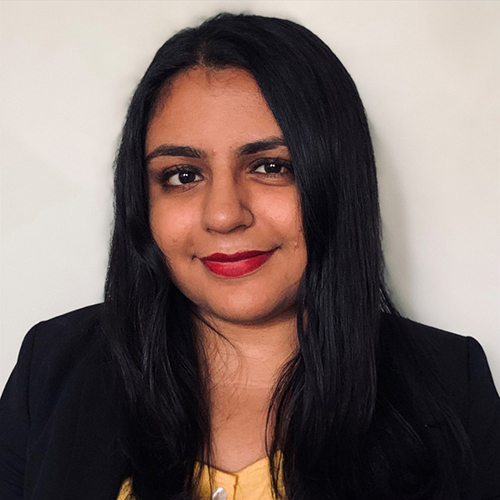Regulations implementing the Pregnant Workers Fairness Act would protect 2.8 million pregnant workers WASHINGTON, D.C. – April 26, 2024 – The National Partnership for Women & Families is calling out the recent partisan lawsuit led by 17 states to...

Reflections on Where We Are Post-Dobbs
Monday, January 22, marks the 51st anniversary of Roe v. Wade – and while this should have been a day to honor and reflect how far we have come since Roe was decided, it is now a day to lament what we have lost.
In June 2022, the Supreme Court in Dobbs stripped the federal right to abortion from us that Roe created over 50 years ago. Afterwards, states quickly enacted abortion bans that exacerbated an already significant health care crisis. As of today, 18 states have banned or nearly banned abortion with narrow exceptions. The stripping away of this right has had devastating effects on people’s health, economic security, autonomy and self-determination.
Those who already disproportionately experience attacks on their autonomy and self-determination are hit the hardest by abortion bans and restrictions: Black, Indigenous, and people of color, people with lower incomes, people who live in rural areas, people who are disabled, LGBTQ+ individuals and young people. These communities have long been denied access to equitable health care due to systemic and unjust discrimination and institutional racism. And to be clear, Roe alone was never the answer to our reproductive health crisis. It was the floor, not the ceiling – it created a basic right, but these most impacted communities have historically experienced barriers to abortion care despite that right.
So this anniversary is a time to reflect on all the work that remains in the fight for reproductive justice – and to recommit ourselves to that effort.
I got into this work because as a daughter of immigrants, I saw how hard my parents fought for us to have a better life in America. There was an assumption that we’d have the best access to health care and to determine our own futures. Growing up, I would hear that my cousins in India could not begin to understand what reproductive health was; their sex-education was essentially non-existent. I thought I was lucky to live in a country where I would be able to tap into resources to shape my sexual and reproductive health. But as I grew up, and I entered this work, I quickly realized that the ability to actually access this care is deeply inequitable. Care, even poorer quality care, doesn’t begin to even reach huge pockets of this country, leaving millions of people to experience the harms of massive barriers to health care that are essential to live their lives on their own terms. Even as someone who does have a job and health care, I still experience high premiums, unaffordable hospital bills, and barriers in getting something as simple as birth control.
And I worry about what Dobbs will mean for others. This decision not only impacts abortion, but also LGBTQ+ and other civil rights. As a queer individual, what will become of the world I live in if my freedoms slowly get taken away from me one by one? What will happen to those who don’t even have the ability to make a choice when resources are out of reach from the beginning? I ponder these questions every day.
The nature of this work is not easy. It’s emotionally taxing to keep upholding a vision for a just future where all people can access the health care they need. Although we have a long way to go, I stay in this fight because I have hope for the future. This is the time for us to talk to one another, to have the difficult, but necessary conversations with each other about how we can lift up our most impacted communities. The way we continue to make small wins is to focus and ground ourselves in equity – we must center those who have historically been marginalized and been at the fringes of accessing quality reproductive health care. We must listen to their stories and honor their experiences and lift up their voices in this fight. On this Roe anniversary, I will continue to hope for that better future ahead.

